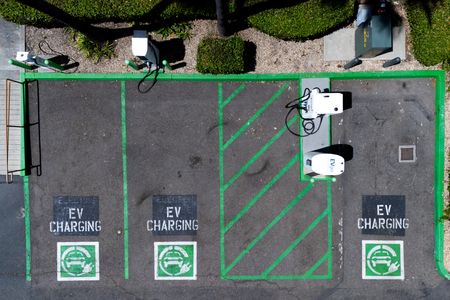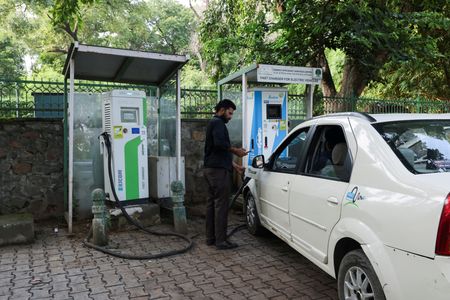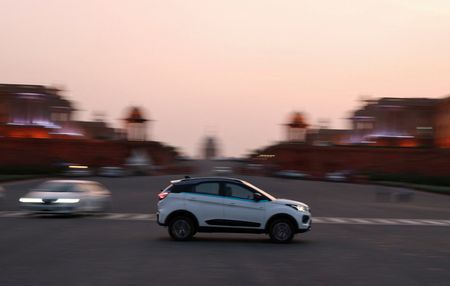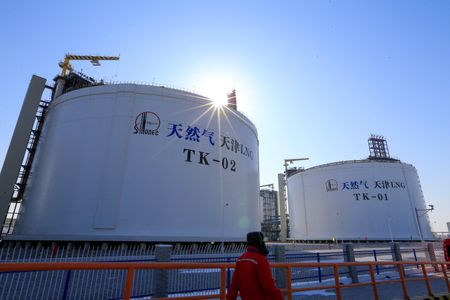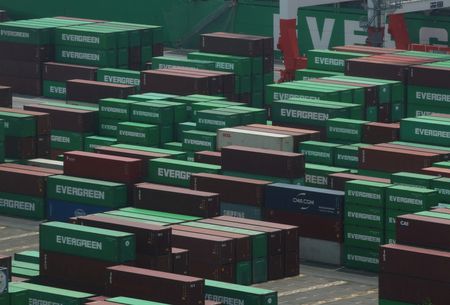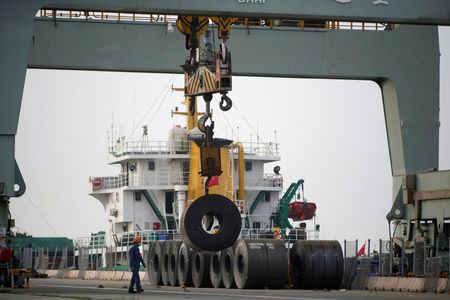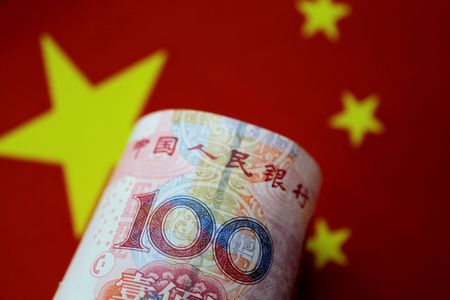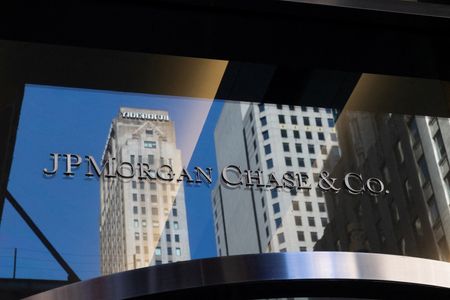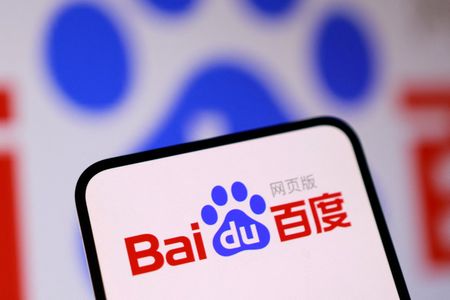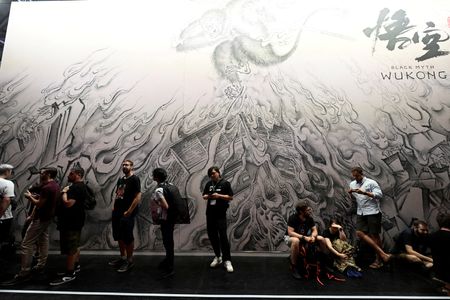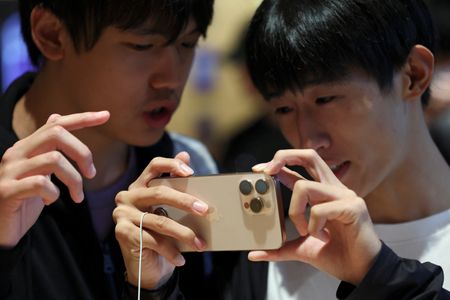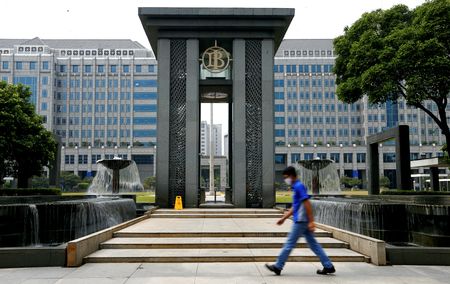By Aditi Shah
NEW DELHI (Reuters) -India’s Epsilon Advanced Materials is moving swiftly to close deals to supply critical components to Japanese and South Korean battery makers in the U.S., a top executive said, after Washington imposed anti-dumping duties on Chinese imports.
The U.S. in July imposed a punitive 93.5% tariff on import of graphite anode materials from China, creating an opportunity for India’s Epsilon to break Beijing’s monopoly on supplies of the key battery component.
Indeed, U.S.-based battery makers are eager to secure alternative suppliers as the higher levies disrupt supply chains and stoke uncertainty, including over future price rises.
Vikram Handa, managing director of Epsilon, which makes graphite anode materials for EV batteries, expressed confidence over some new supply deals.
“Last month, they were saying let’s wait and see how things go. Now we think in the next 60 to 80 days, we will close our contracts,” said Handa.
Epsilon, which announced plans for a $650 million factory in North Caroline in October 2023, has been working on getting permits and environmental clearances, while waiting for firm orders before putting a shovel in the ground.
“The numbers now start making sense for customers to buy from the U.S.,” said Handa, adding that the plant, which will have capacity of 30,000 tonnes of anode materials, is expected to be up and running by mid-2027.
An EV battery is made up of four components – anode, cathode, electrolyser and separator. The anode contributes to fast-charging and vehicle range.
The U.S. needs 500,000 tonnes of anode materials a year for its EV and energy storage battery needs, which were met largely by China, which refines over 90% of the world’s graphite into the material used in almost all EV battery anodes.
Mumbai-based Epsilon also has plans to invest over $1.1 billion in a 100,000-tonne anode materials facility in India’s Karnataka state, but has yet to see serious interest in India.
Handa said low Chinese prices were a draw for Indian companies, but he was trying to persuade them to buy at least 20% from Epsilon, so that “if China closes the tap,” they had an alternative supplier.
“If it is zero (demand for Epsilon’s anodes) right now, how will I put up a plant?” he asked.
“I hope this rare earth story doesn’t play out the same way for battery materials,” given Indian companies dependence on them, he said.
(Reporting by Aditi Shah; Editing by Bernadette Baum)

